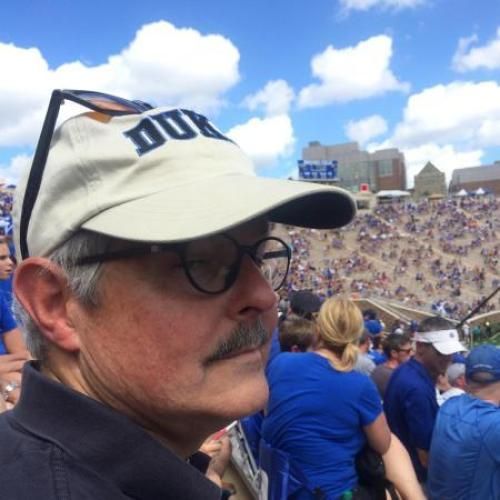What Are the Primary Limitations in B-Cell Affinity Maturation, and How Much Affinity Maturation Can We Drive with Vaccination? Breaking through Immunity's Glass Ceiling.
A key goal of HIV-1 vaccine development is the induction of broadly neutralizing antibodies (bnAbs) targeted to the vulnerable regions of the HIV envelope. BnAbs develop over time in ∼50% of HIV-1-infected individuals. However, to date, no vaccines have induced bnAbs and few or none of these vaccine-elicited HIV-1 antibodies carry the high frequencies of V(D)J mutations characteristic of bnAbs. Do the high frequencies of mutations characteristic of naturally induced bnAbs represent a fundamental barrier to the induction of bnAbs by vaccines? Recent studies suggest that high frequencies of V(D)J mutations can be achieved by serial vaccination strategies. Rather, it appears that, in the absence of HIV-1 infection, physiologic immune tolerance controls, including a germinal center process termed affinity reversion, may limit vaccine-driven bnAb development by clonal elimination or selecting for mutations incompatible with bnAb activity.
Duke Scholars
Altmetric Attention Stats
Dimensions Citation Stats
Published In
DOI
EISSN
Publication Date
Volume
Issue
Location
Related Subject Headings
- Vaccination
- Humans
- HIV-1
- HIV Antibodies
- B-Lymphocytes
- Antigens
- Antibody Formation
- Antibody Affinity
- Antibodies, Neutralizing
- 3105 Genetics
Citation
Published In
DOI
EISSN
Publication Date
Volume
Issue
Location
Related Subject Headings
- Vaccination
- Humans
- HIV-1
- HIV Antibodies
- B-Lymphocytes
- Antigens
- Antibody Formation
- Antibody Affinity
- Antibodies, Neutralizing
- 3105 Genetics


